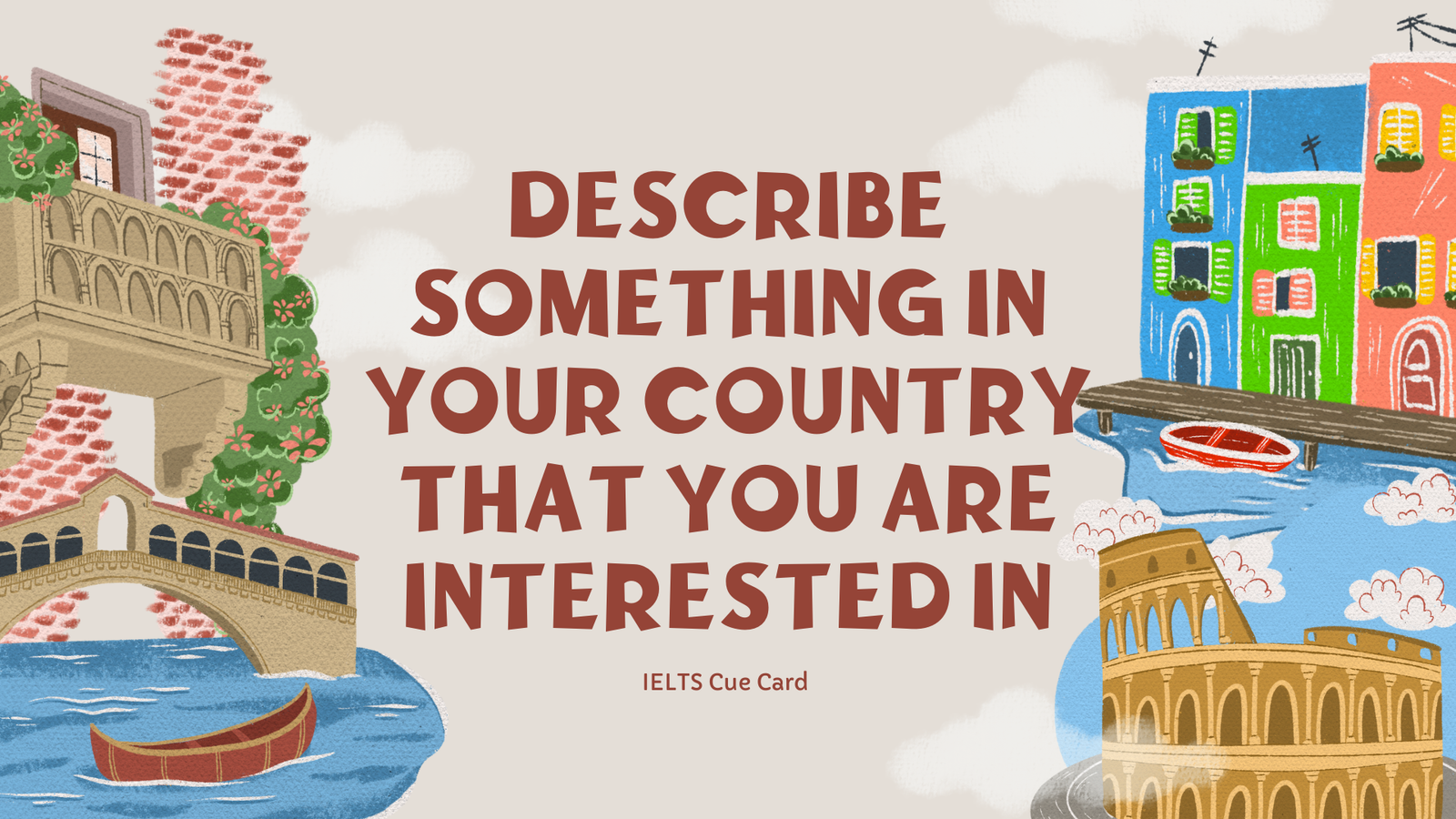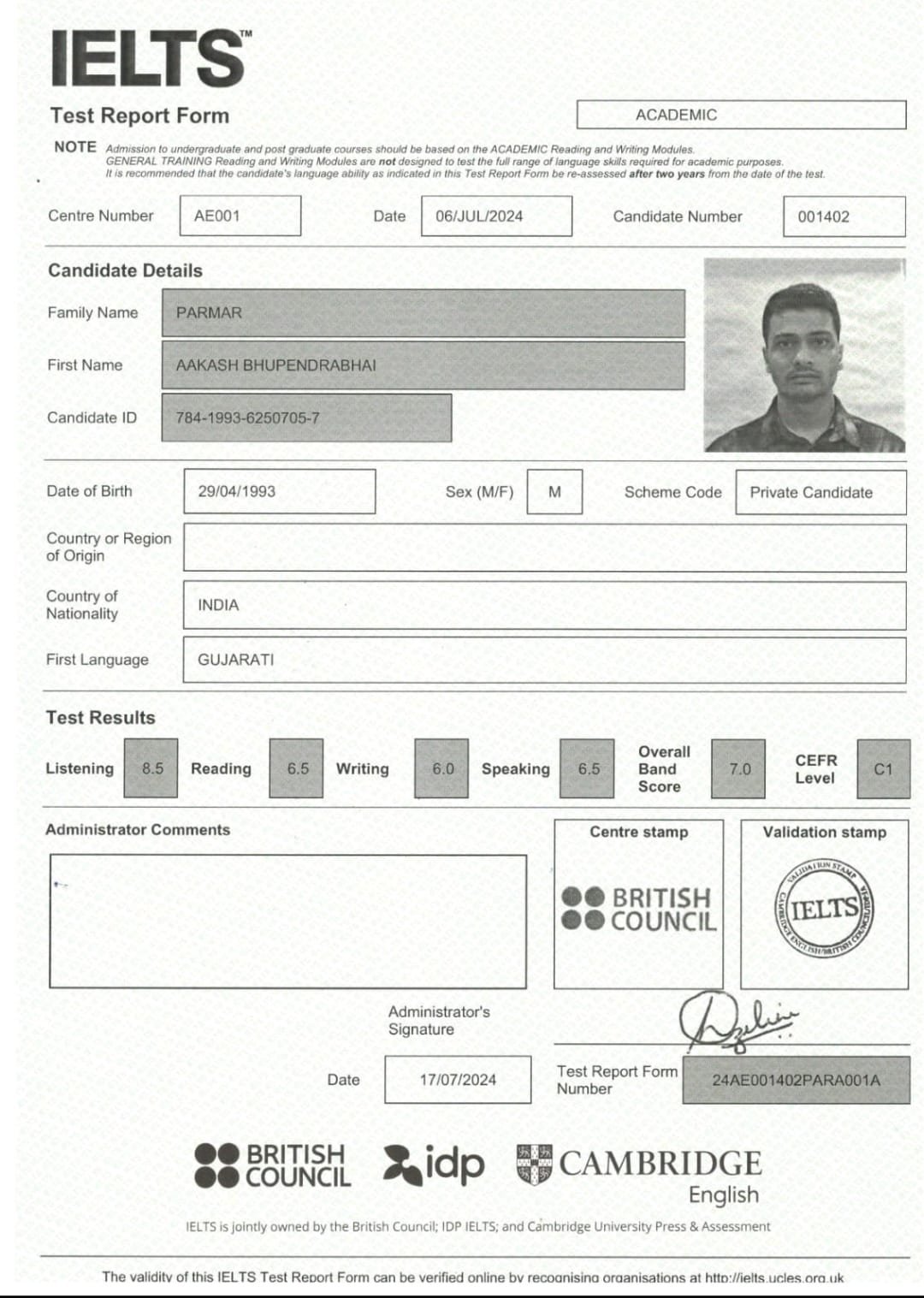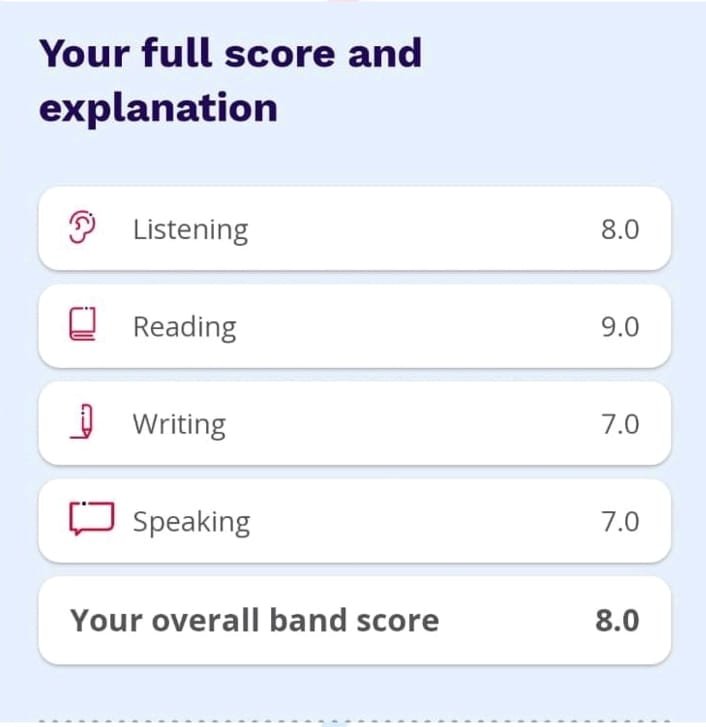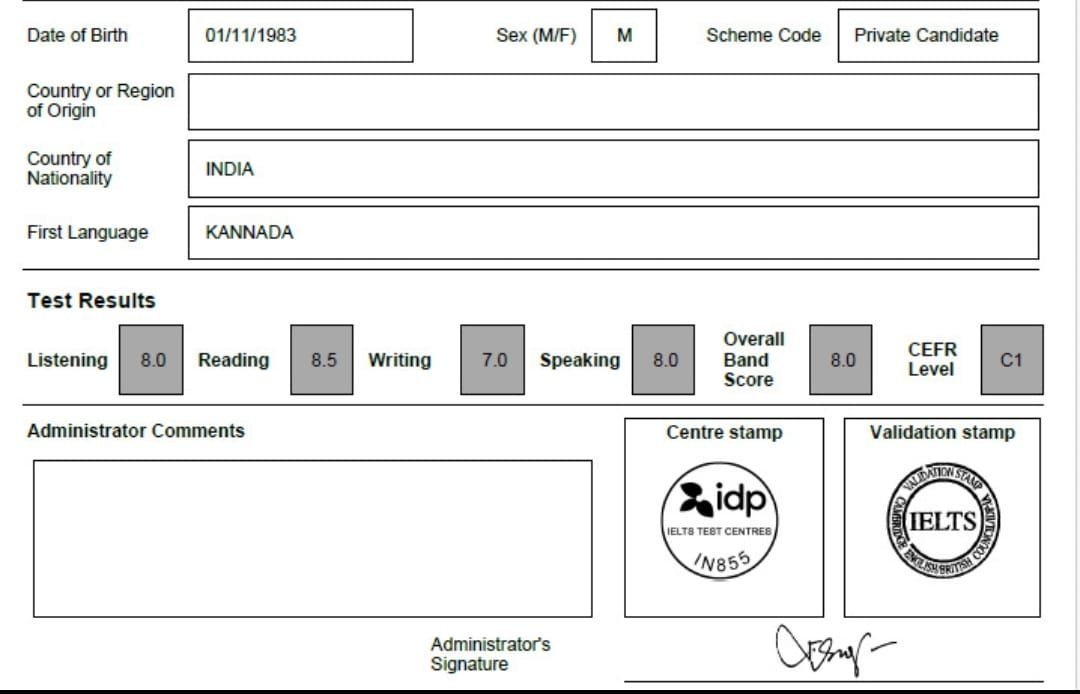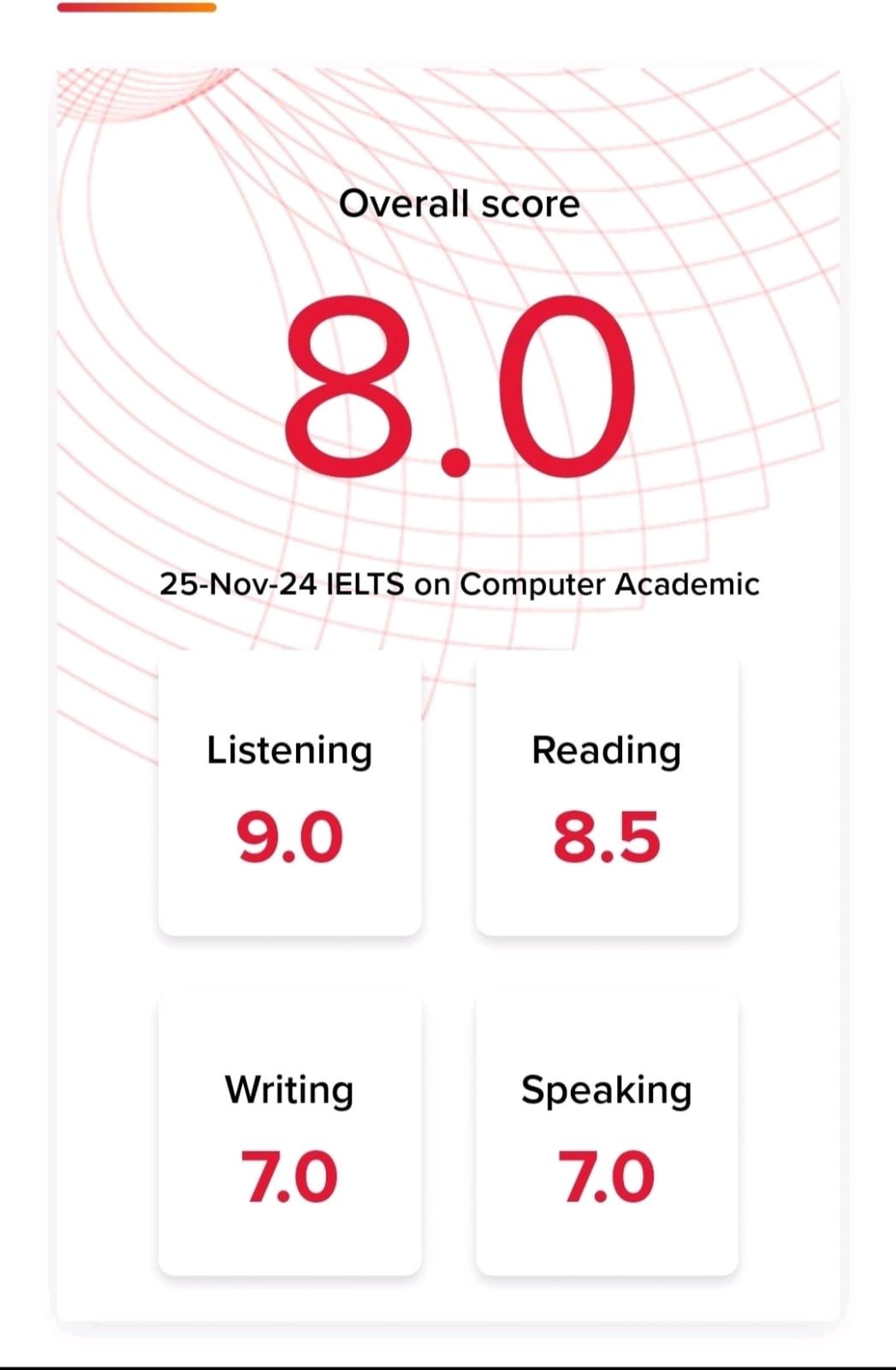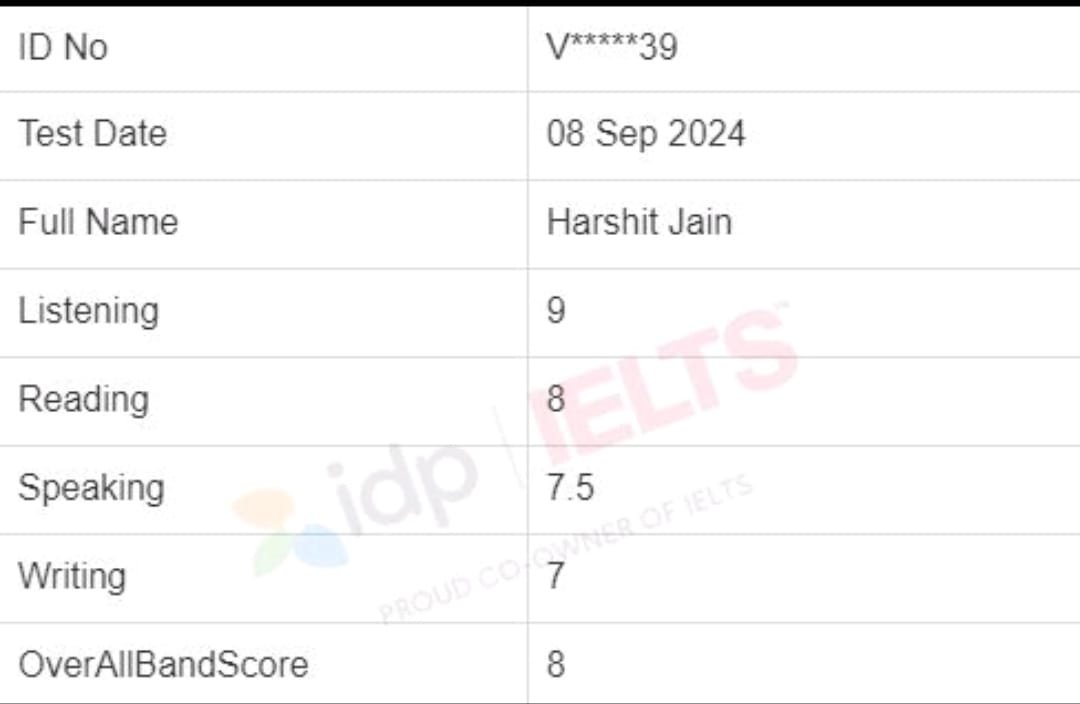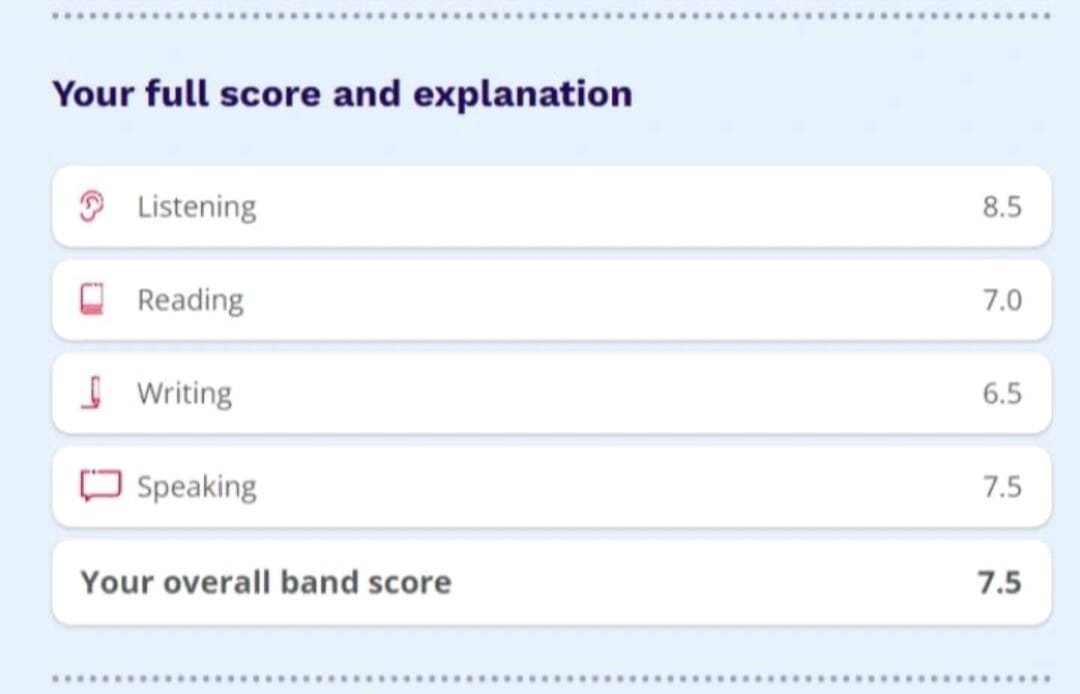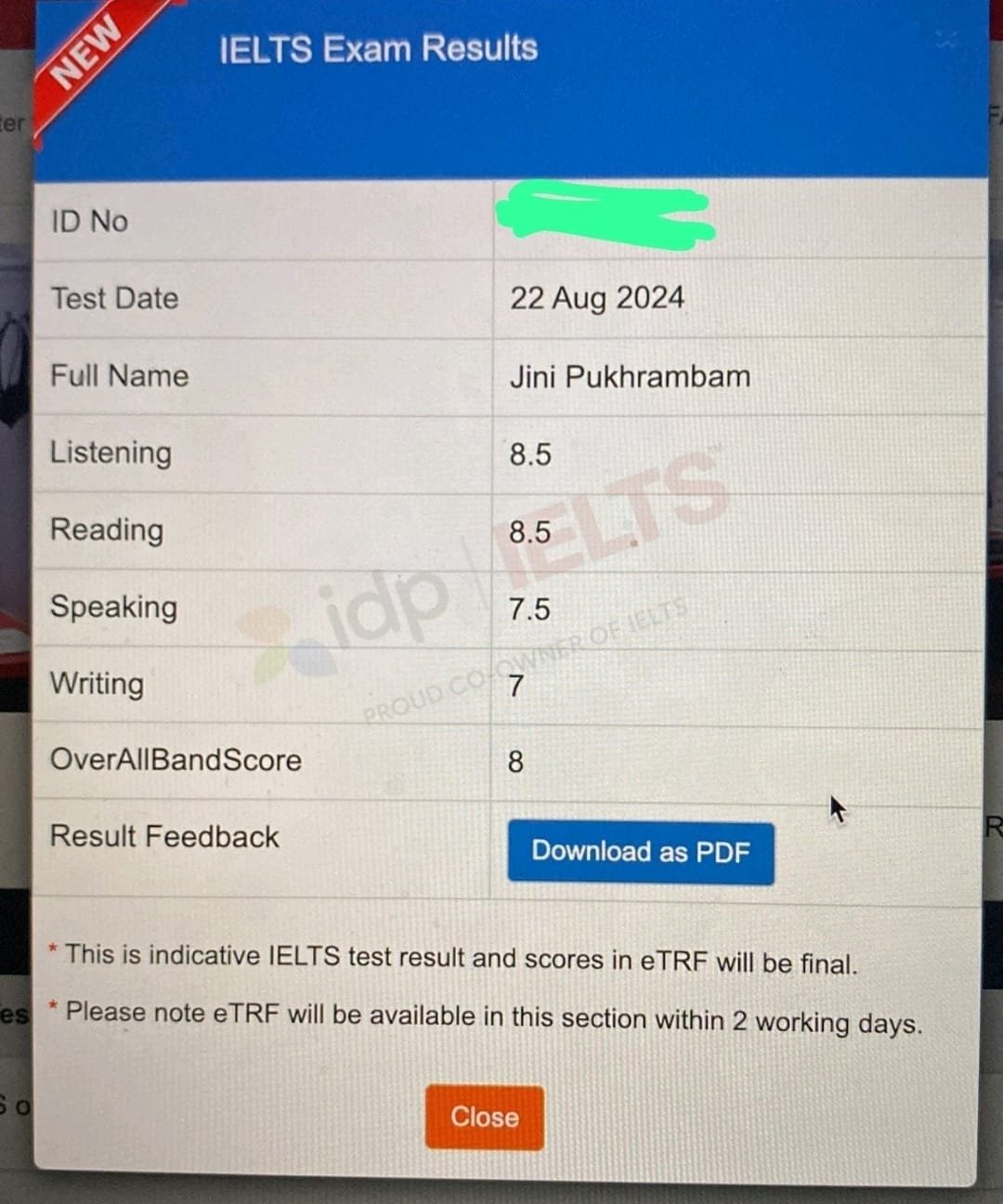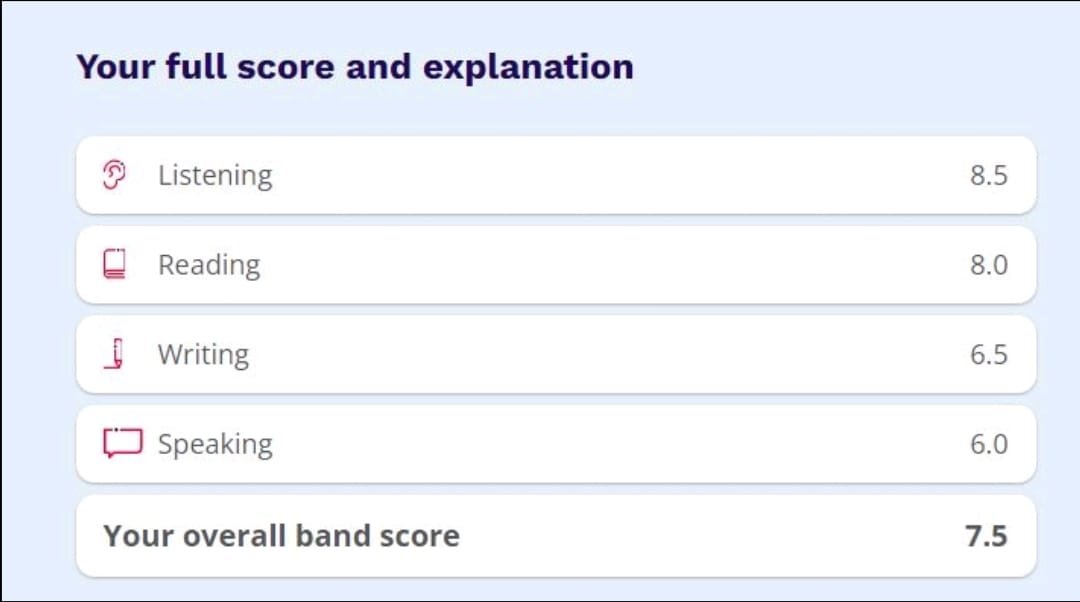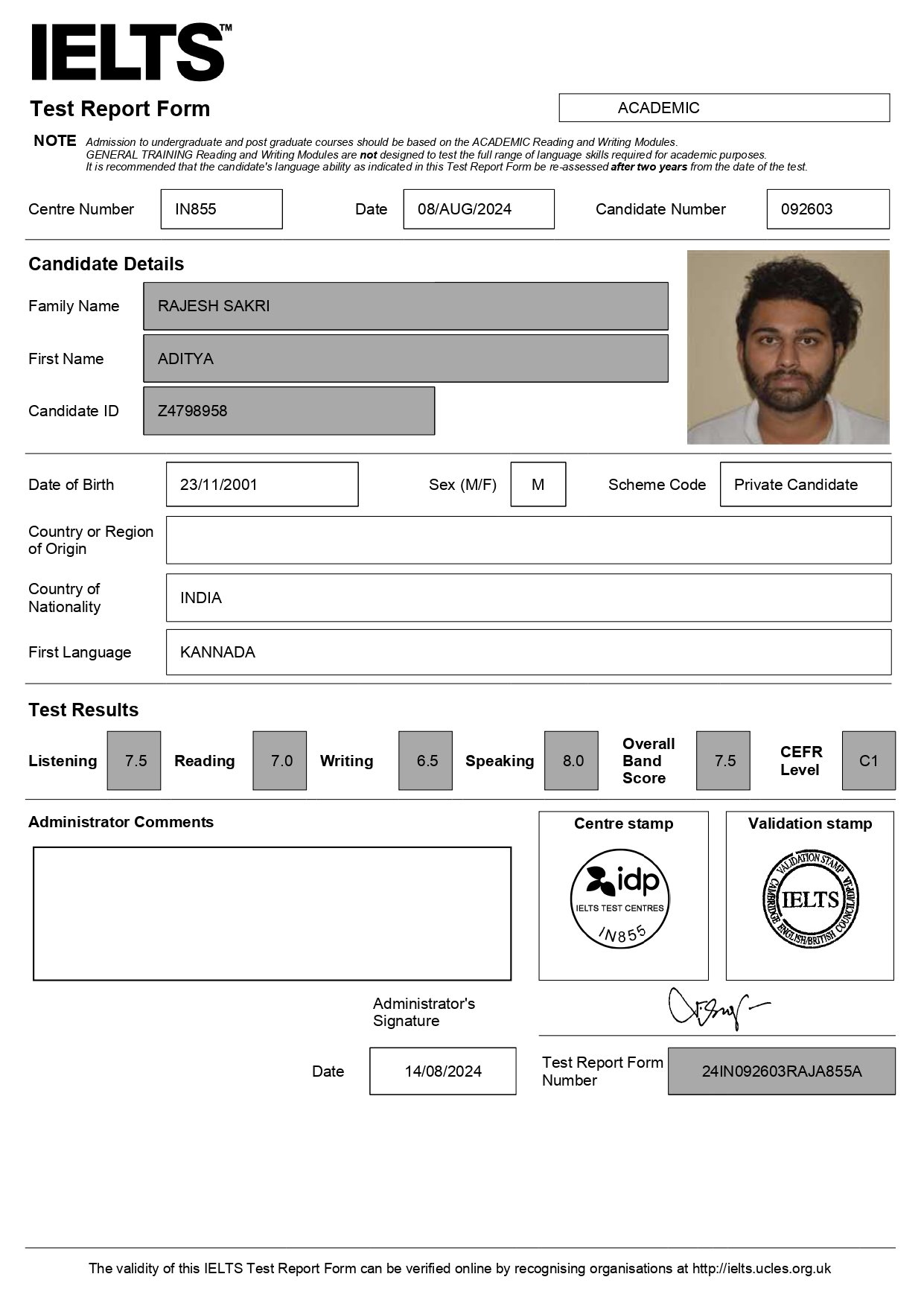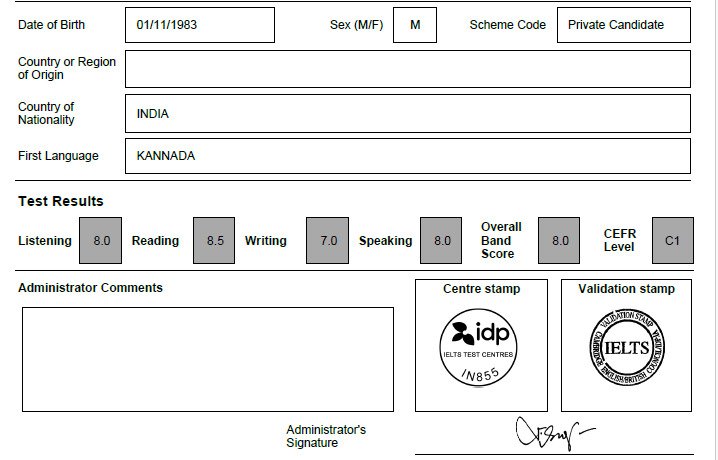
The IELTS Speaking module has a broad range of interesting cue card topics associated with it. Commonly asked questions include: “Describe Something in Your Country That You Are Interested In” This topic allows one to reflect and articulate an interest tied to the uniqueness, culture, or traditions of one’s country. The guide will enable you to provide a compelling answer.
Tips and Tricks for Describe Something in Your Country That You Are Interested In IELTS Cue Card
There are some key tips unavailable that might help candidates excel, especially in the cue card section:
- Structure the Response: Utilize this preparation time to formulate everything in the form of bullet points or a few key ideas, thereby ensuring structural sequencing that would cover all aspects of the topic.
- Practice with Each Mock Test: Regularly practicing with different mock tests will help you become comfortable with time management and familiar with the exam format.
- Work to Build Your Vocabulary: Always attempt to use advanced English words, phrases, and idioms in your responses so as to leave a good impression on the examiner.
- Stay in the Context: Make sure your answer pertains to the rose asked and make your reply all the more relevant and interesting.
- Free English Practice Daily: By reading newspapers and magazines daily, you will tremendously improve your comprehension capacity and vocabulary. Try listening to English songs, podcasts, or movies where you’d be able to pick up the tone and accent of the language.
Implementing these techniques will not only make the IELTS exam easier but will also aid you in improving yourself generally in English.
Also, read – https://yourlocalieltscoach.com/top-20-grammar-mistakes/
What You Should Address
With regard to this cue card topic, focus on the following points:
1. What is it?
Speak about the aspect of your country that fascinates you, like its music, food, monuments, or festivals.
2. How do you know about it?
Speak of your experience or exposure to this, perhaps through your family, some festival, education, or travel.
3. Why are you interested in it?
Express the reason for your interest and in what way it connects to your identity, value, or dream.
4. Would you like to know more about it?
Here are some reflections on your wish to know more about or experience this.
1 Sample Answer: Describe Something in Your Country That You Are Interested In
Introduction
Local festivals are one of the most stirring cultural characteristics of my country, which offer a glimpse into our colorful traditions and the spirit of our community at large.
What Is It?
They can be harvest festivals, religious festivals, and festivities that include unique rituals, dances, and food. An example of a festival is Diwali, which symbolizes the victory of good over evil, with magnificent displays of fireworks and lighting.
How Do You Know About It?
I’ve been seeing these since childhood, usually attending celebrations such as family functions and community events, with lessons from school and media making me better appreciate its import.
Why Are You Interested in It?
Festivals can unite people by honoring common values. I love how they portray our history, foster unity, and allow an escape from monotonous daily life through joy and cheer.
Would You Like To Learn More?
Sure! I would love to know the reasons for lesser-known festivals, including stories behind the rituals. It will create a tie with cultural heritage.
Conclusion
Local festivals stay to celebrate the quintessence of my country, while at the same time a quick sense of belonging and pride they will come along with.
2 Sample Answer: Describe Something in Your Country That You Are Interested In
Introduction
Our country’s historical monuments are very captivating pieces of culture that beautifully reveal to us a patchwork of rich heritage and architectural renaissance.
What Is It?
Our historical monuments entail ancient forts and palaces to temples and mosques, each possessing unique tales and styles. For instance, who has not heard of the Taj Mahal, a symbol of love and one of the Seven Wonders of the World, a veritable epitome of Mughal architecture?
How Do You Know About It?
I learned about these monuments mostly during school excursions and lessons in history; following this, my knowledge has been somewhat augmented by visits to a few of these historical monuments with parents and friends, during which we got an insight into their intricate designs and captivating stories.
What Interests You In It?
I am very fascinated by historical monuments that give me glimpses into the past art, culture, and achievements of our ancestors throughout their very existence. Their existence also serves as a reminder of the creative geniuses and craftsmen of bygone eras who invoke both admiration and curiosity.
Would You Like To Know More?
Definitely! I would love to learn about the less-known monuments in my country and plunge into the purpose of their creation. I am also interested in knowing how these sites are conserved for posterity.
Conclusion
Historical monuments- true receptacles of culture and legacy- our country is endowed with them. It gives me an insight into India’s historical background and, more importantly, enhances my national pride in our rich heritage.
IELTS Cue Card Topics
Describe an Exciting Book That You Enjoy Reading
Describe A Skill That You Can Teach Other People
Describe a Volunteering Experience You Have Had
Describe a Bag You Want to Own
Describe Your First Day at School
Describe a Time When You Felt Bored
Describe a Time you Made a Promise To Someone
Follow-up Questions with Answers: Describe Something in Your Country That You Are Interested In
What are you curious about concerning your culture?
I find particular fascination in traditional festivals. They beautifully capture the rich customs and rituals, foster community, and embody the values and legacy of our society.
How does your country’s traditional culture weave itself into modern life?
Traditional culture has a huge influence on modern life. It does inspire contemporary fashion, the innovation of culinary trends, and artistic movements. In modern design, elements from the old sometimes blend into the contemporary state of affairs.
Are there some of the traditional practices you would like to preserve?
Yes. Traditional crafts should be preserved, like handloom weaving and pottery works, for they represent the heritage and provide the means for sustenance of the artisans.
Do you agree that globalization has an effect on traditional practices?
Globalization gives rise to double effects. Aside from enhancing cultural exchange and consciousness, Globalization might destroy any standing traditional know-how or practices. The provision of a fine balance is necessarily sought to safeguard the uniqueness of culture while accepting the opportunities of globalization.
What do you think young people could do to help preserve traditional culture?
Young people can contribute enormously towards the continuity of traditional culture by taking part in cultural festivals, learning some of the old crafts, and also by raising awareness through social media. It is through their active engagement that traditions remain relevant and flourish.
What cultural events have you attended? How did you feel about them?
Yes, I attended a local celebration very recently. It was a wonderful experience filled with vibrant dancing, lively music, and tasty traditional food. It was a chance for me to connect to and appreciate my roots and the energy of my community.
What is the role of education in the promotion of cultural heritage?
Education plays a very important role in promoting cultural heritage. The teaching of traditional subjects in the curriculum exposes the children to their roots, thus respecting the particularities of an individual cultural heritage.
Do tourists appreciate traditional culture?
Yes, traditional culture is indeed highly appreciated by many tourists as it gives them that rare opportunity to understand the local way of life. Participation in cultural activities enhances their travel experience and expresses a profound cultural bond.

